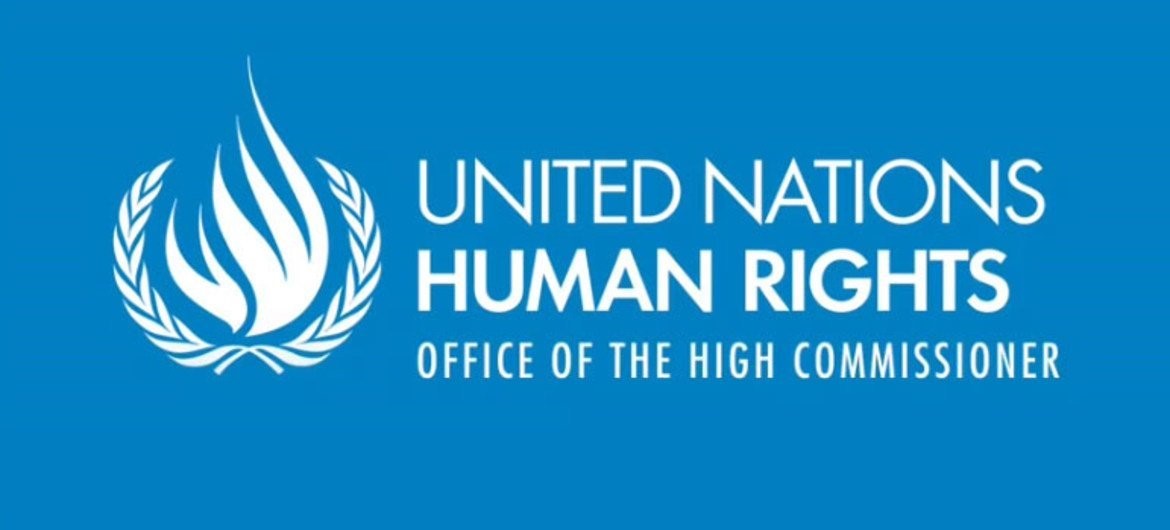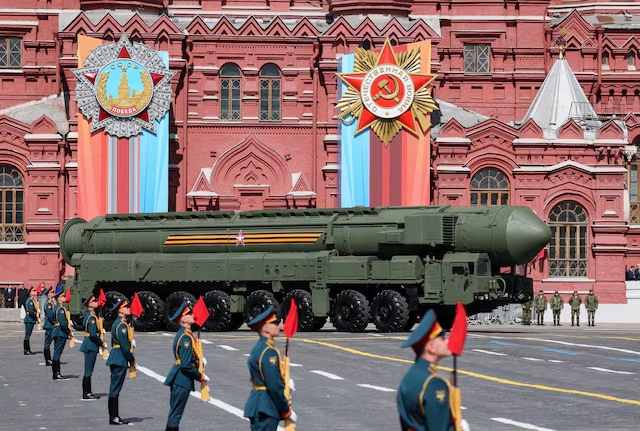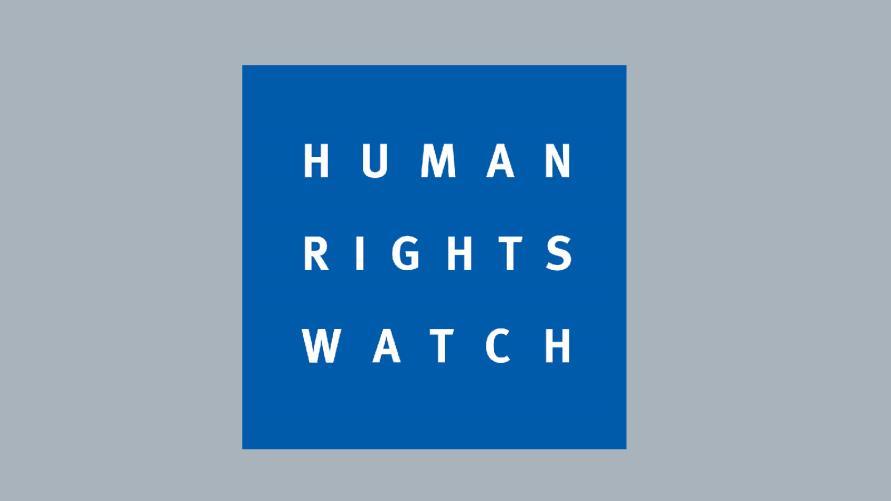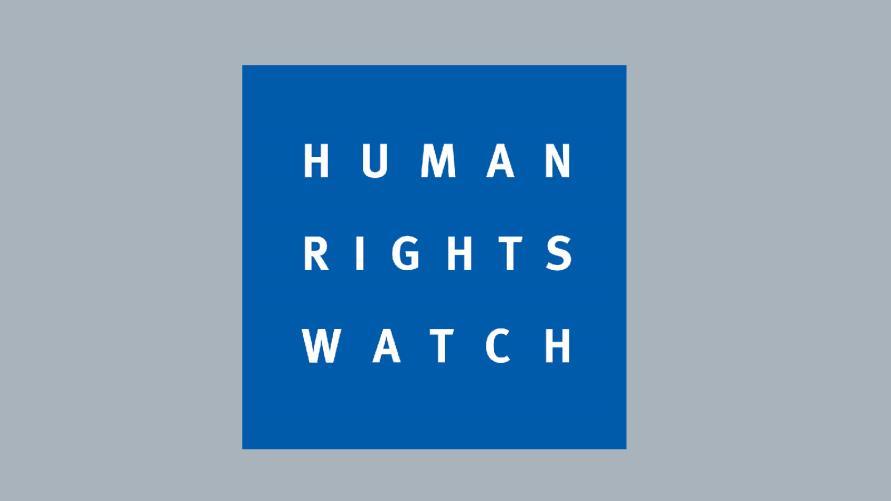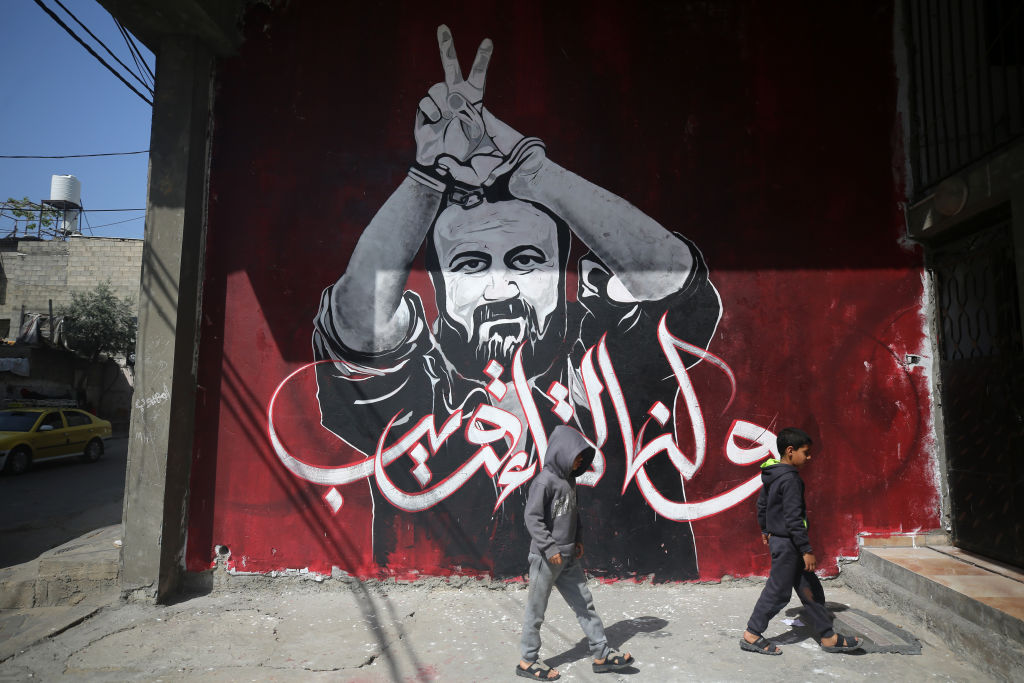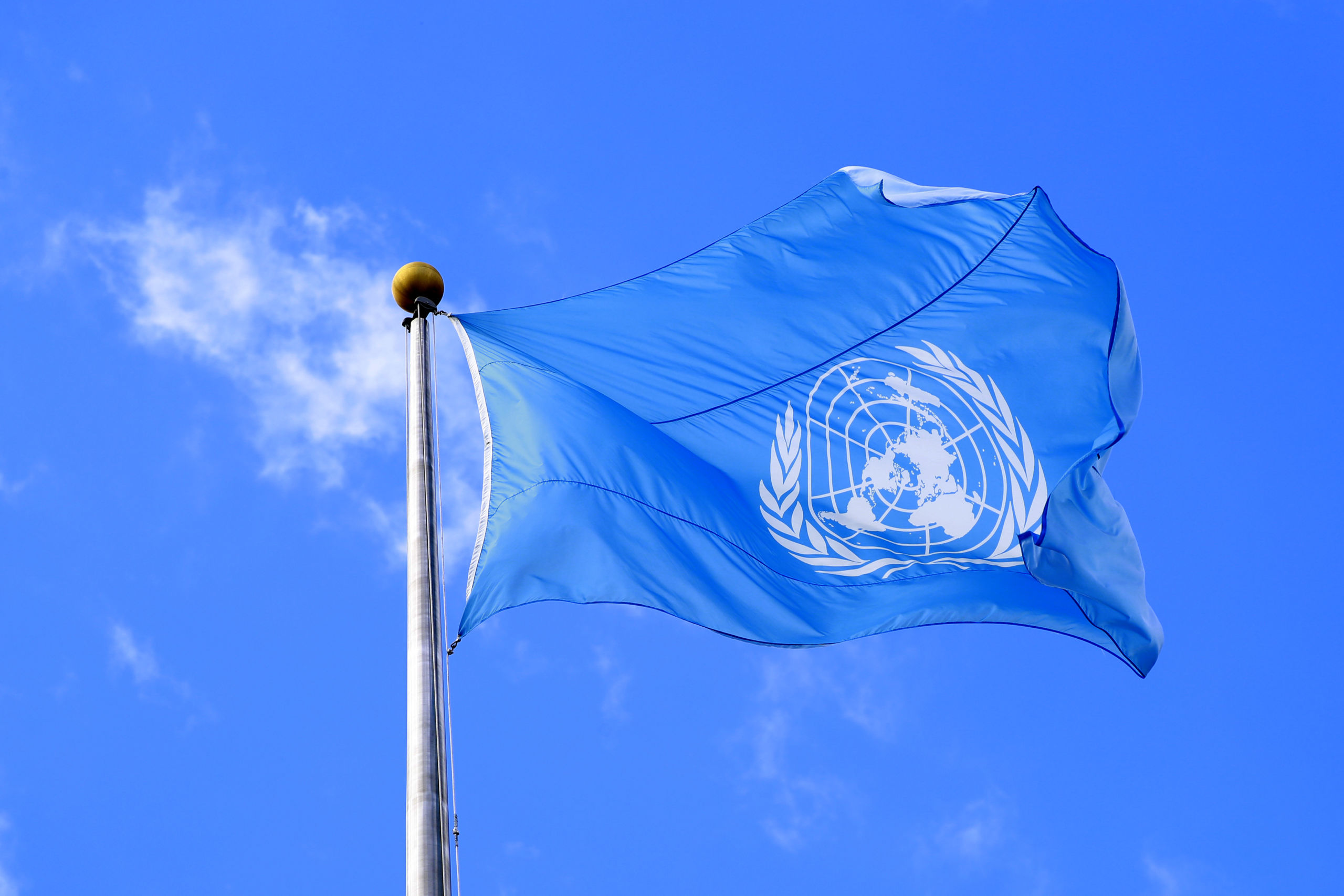
The UN Special Rapporteur on Religious Freedom and Belief, Ahmed Shaheed, released his new report to the Human Rights Council on Thursday.
This year marks the 10nth anniversary of UN resolution 16/18, the landmark 2011 agreement which committed to address religious intolerance through promoting the related rights to freedom of expression and non-discrimination.
Speaking to Al Jazeera Shaheed said that his report was prompted by recent dramatic violent events such as the Christchurch massacre in New Zealand as well as discriminatory policies against Muslim minorities in India and China.
The report found that in Muslim minority states Muslims are frequently targeted based on visible ‘Muslim’ characteristics, such as their names, skin colour and clothing, including religious attire, including headscarves.
Shaheed said: ‘In such climates of exclusion, fear and distrust, Muslims report that they often feel stigma, shame and a sense that they are ‘suspect communities’ that are being forced to bear collective responsibility for the actions of a small minority’.
Shaheed said to Al Jazeera: ‘Islamophobia is based on negative stereotyping. We see in Asia, South East Asia and Western Europe that governments are failing to protect the basic rights of Islamic people. There is this perception that treating Muslims well will undermine the war on terrorism or will bring in anti-blasphemy laws.’
Recommendations
Shaheed’s report recommends that anti-terrorism laws should conform to human rights standards. These laws, says Shaheed, should stop the disproportionate targeting of Muslims. He further recommends that there should be ‘no impunity for discrimination.’ This includes the training of law-enforcement personnel.
‘I strongly encourage States to take all necessary measures to combat direct and indirect forms of discrimination against Muslims and prohibit any advocacy of religious hatred that constitutes incitement to violence,’ the UN expert said.
- Most Viewed
- Most Popular



